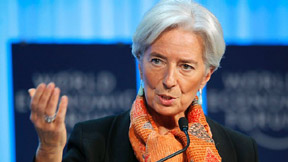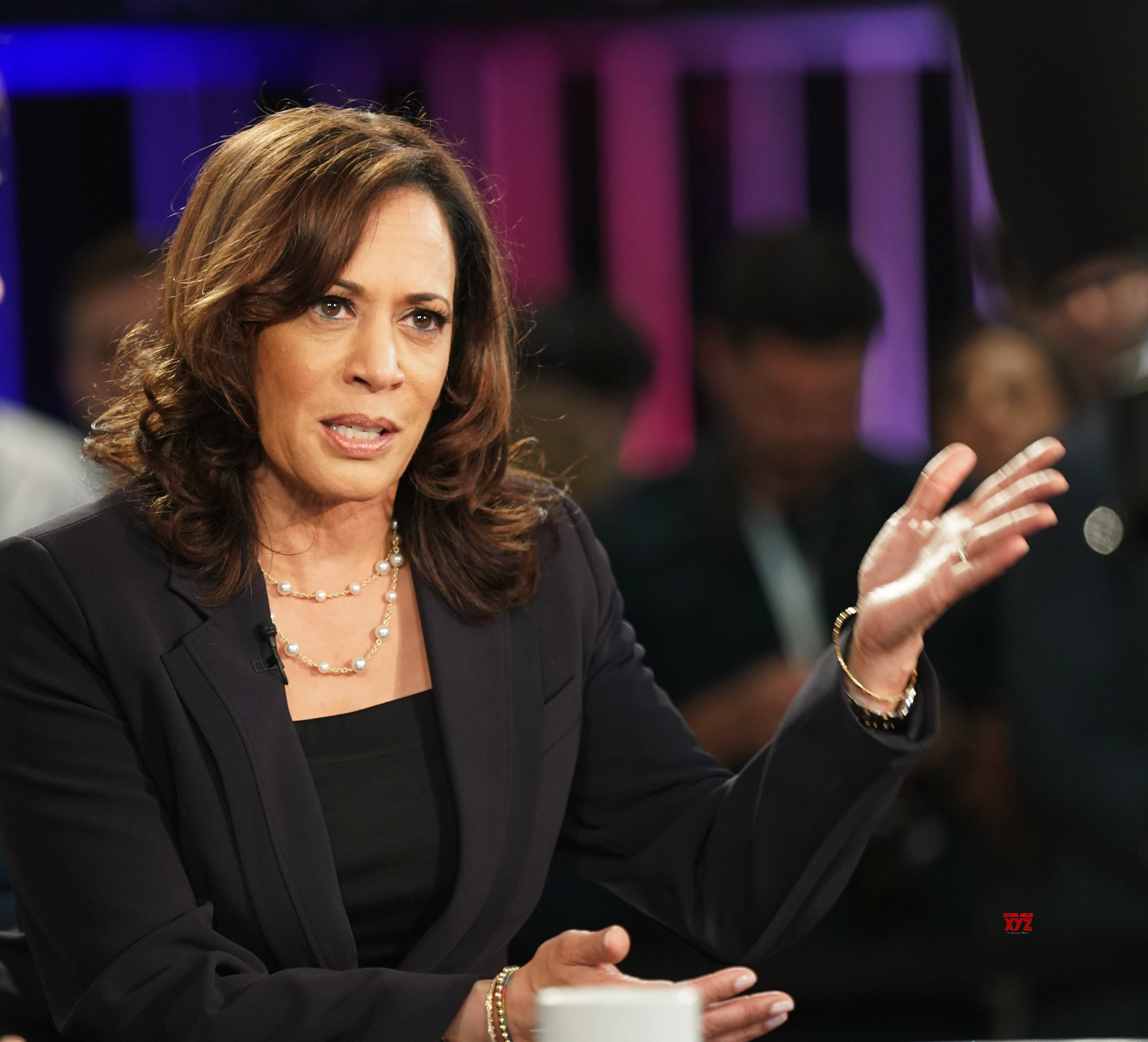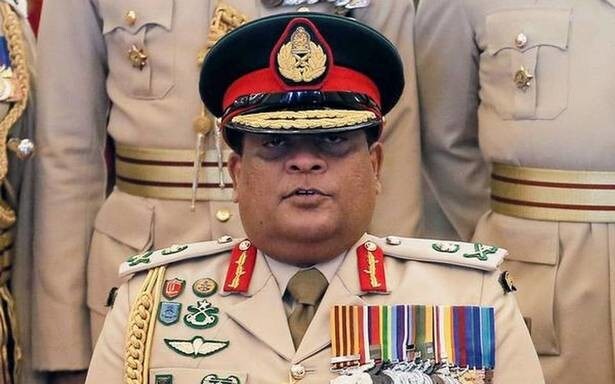
WASHINGTON: The US Congress has passed a legislation approving long-pending quota reform of IMF that will give more voting rights to emerging economies like India and China in the functioning of the organization.
The IMF Quota and Governance Reform would marginally reduce the voting share of traditional economic powerhouses like the US, the IMF said in a statement.
The reform gives more voting rights to countries like India and China and is a much better reflective of the global economic scene was struck for the past several years as the Congress.
Christine Lagarde, IMF Managing Director, welcomed the adoption of legislation by the US Congress to authorize the 2010 Quota and Governance Reforms.
“The United States Congress approval of these reforms is a welcome and crucial step forward that will strengthen the IMF in its role of supporting global financial stability,” she said.
“The reforms significantly increase the IMF’s core resources, enabling us to respond to crises more effectively, and also improve the IMF’s governance by better reflecting the increasing role of dynamic emerging and developing countries in the global economy,” Lagarde said.
“A more representative, modern IMF will be even better equipped to meet the needs of all its 188 member countries in the 21st century,” she said.
The 2010 Quota and Governance Reforms were approved by the Board of Governors in December 2010 and build on an earlier set of reforms that was approved by the Board of Governors in April 2008.
The reforms require the acceptance by the membership with an 85 per cent majority of the total voting power which in many cases involved parliamentary approval.
Under the IMF quote reforms all 188 members’ quotas will increase as a result of the agreed bolstering of the Fund’s quota resources to about SDR 477 billion (about USD 659.67 billion) from about SDR 238.5 billion (about USD 329.83 billion).
More than six per cent of quota shares will shift to dynamic emerging market and developing countries and also from over-represented to under-represented members.
“Four emerging market countries (Brazil, China, India, and Russia) will be among the ten largest members of the IMF.
Other top 10 members include the US, Japan, and the four largest European countries (France, Germany, Italy, and the United Kingdom),” the IMF said.
As a result of the implementation of the reforms, for the time, the IMF s Board will consist entirely of elected Executive Directors, ending the category of appointed Executive Directors (currently the members with the five largest quotas appoint an Executive Director).
Advanced European countries have committed to reduce their combined Board representation by two chairs.–PTI






